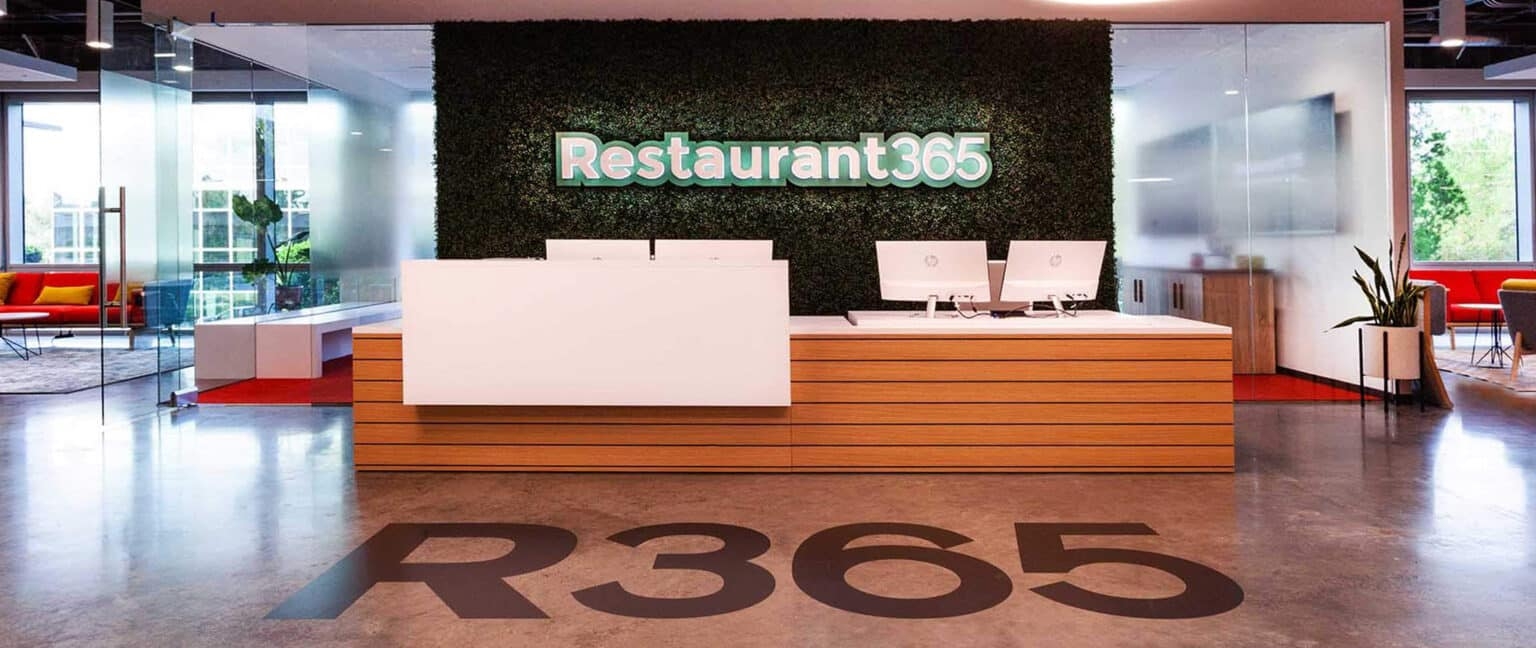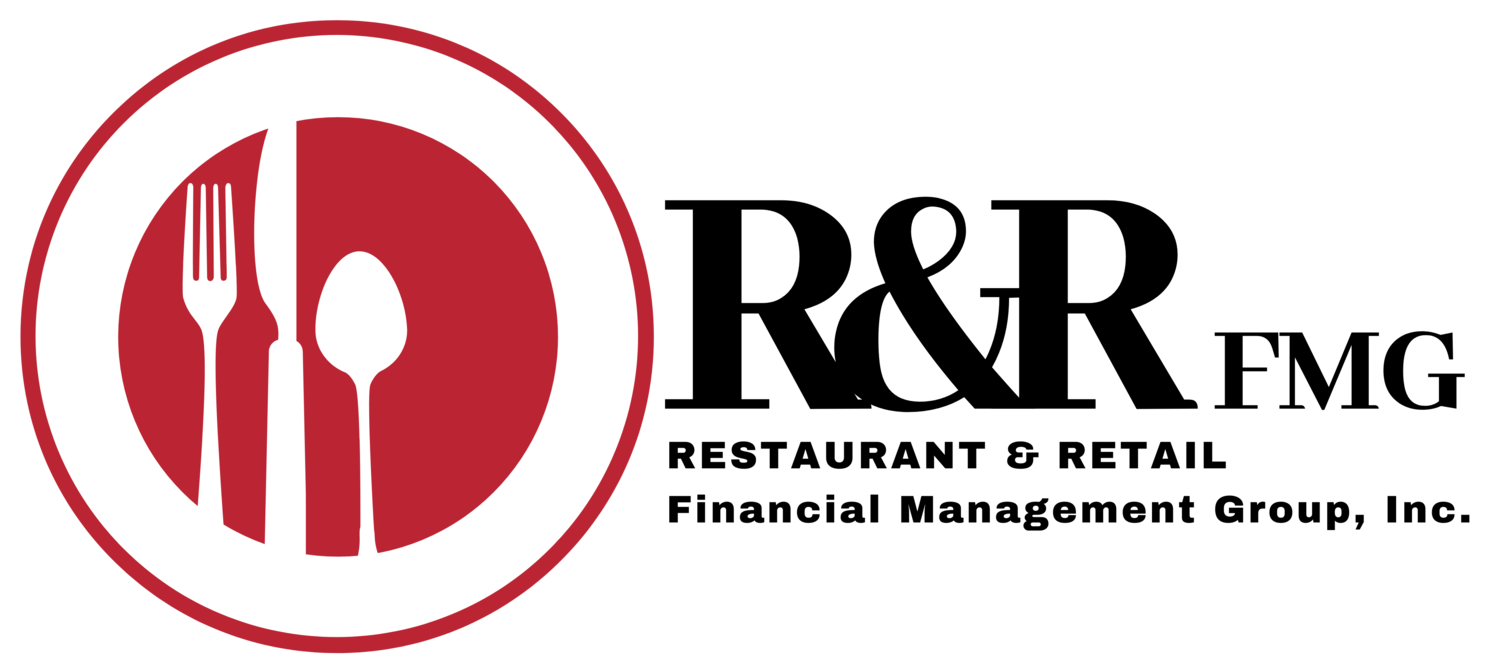
Focusing On These 3 Areas Will Ensure a Successful Restaurant365 Implementation
by John Laporte, President, RRFMG Technology Services
Implementing Restaurant365 (R365) can significantly enhance a restaurant's back-office operations by unifying accounting, inventory, labor, and financial reporting into a single platform. However, the success of this transformation hinges on three critical areas:
- Understanding a restaurant operator's expectations
- Ensuring active restaurant operator participation
- Fully leveraging the platform's integrated capabilities
Clarifying Expectations vs. Core Functionality

A successful R365 implementation begins with a thorough understanding of a restaurant operator’s expectations. It’s essential to ask questions like:
- “What are you expecting the system to do for your team and business?”
- “What specific problems do you need to solve?”
This dialogue helps drive alignment between the system’s capabilities and the restaurant operator’s goals.
Restaurant operators often assume that R365 will replicate functionalities from their legacy systems. However, not all back-office solutions are created equally. By articulating their expectations early, restaurant operators can avoid misunderstandings about the system’s capabilities. This clarity goes a long way towards ensuring that the implementation addresses their specific needs, while also highlighting additional benefits they might not have anticipated.
Some restaurant operators might also be tempted to short-cut best practices in R365’s implementation processes. However, taking the time for proper configuration during the initial setup is crucial. Misalignments in the chart of accounts, incorrect tax settings, or missing location hierarchies can lead to reporting inaccuracies and compliance issues. Ensuring that these elements are correctly configured from the beginning sets the foundation for accurate data and effective use of the system.
Ensuring Active Restaurant Operator Participation and Team Stability
The restaurant operator's active participation is vital for a smooth implementation. It's not just about attending meetings; it's about having the right team in place. This team should include long-term accounting and operations personnel who will maintain data accuracy, facilitate efficient training, and minimize implementation time.
In cases where a restaurant operator's team is undergoing changes or lacks resources, it's important to identify these challenges early. Adjusting the project timeline accordingly can prevent future setbacks. Relying on owners or company officials to fill these roles temporarily is not advisable, as it's not sustainable in the long term.
Training is another critical component. Structured, role-specific training ensures that each team member understands how to use R365 effectively. Ongoing education is also essential, as the platform regularly updates. By investing in comprehensive training, restaurant operators can maximize the benefits of the system and ensure long-term success.

Leverage the Full Power of the R365 Platform

R365 is a purpose–built solution. Its strength lies in its ability to integrate accounting and traditional back-office functionalities into one cohesive system. This integration provides a single source of truth for financial management, AP automation, bank reconciliation, inventory, food cost, and labor management.
By consolidating these functions, R365 eliminates the need for disparate systems, reducing errors and improving efficiency. For example, by pulling detailed sales and labor data directly from the POS system, R365 can automatically create daily sales and labor accrual journal entries for the general ledger. This automation saves time, increases accuracy, and optimizes performance.
Additionally, R365 offers robust tracking tools that provide real-time insights into inventory, labor, and scheduling. Features like intraday polling give operators 360° visibility into up-to-the-minute performance, enabling them to control prime costs and boost margins.
To fully leverage R365, clients should integrate all relevant systems, such as POS, banks, and vendors. This comprehensive integration ensures that information flows seamlessly, providing the data needed where and when it’s needed.
Final Thoughts
A successful Restaurant365 implementation is more than just installing software; it's about aligning the system's capabilities with the restaurant operator's goals, ensuring active participation from a stable team, and fully leveraging the platform's integrated features. By focusing on these three areas, restaurant operators can transform their back-office operations, drive profitability, and position their business for sustained growth.
For more information, please fill out the form below. We’ll circle back with you shortly to discuss your requirements in further detail.

We’d love to Meet You In Person Or Via The Web!
If you have any questions, or just want to learn more about how our services can contribute to your operation’s success, please fill out the form and we’ll respond as soon as we can. Alternatively, call us directly at (818) 888-9579.
